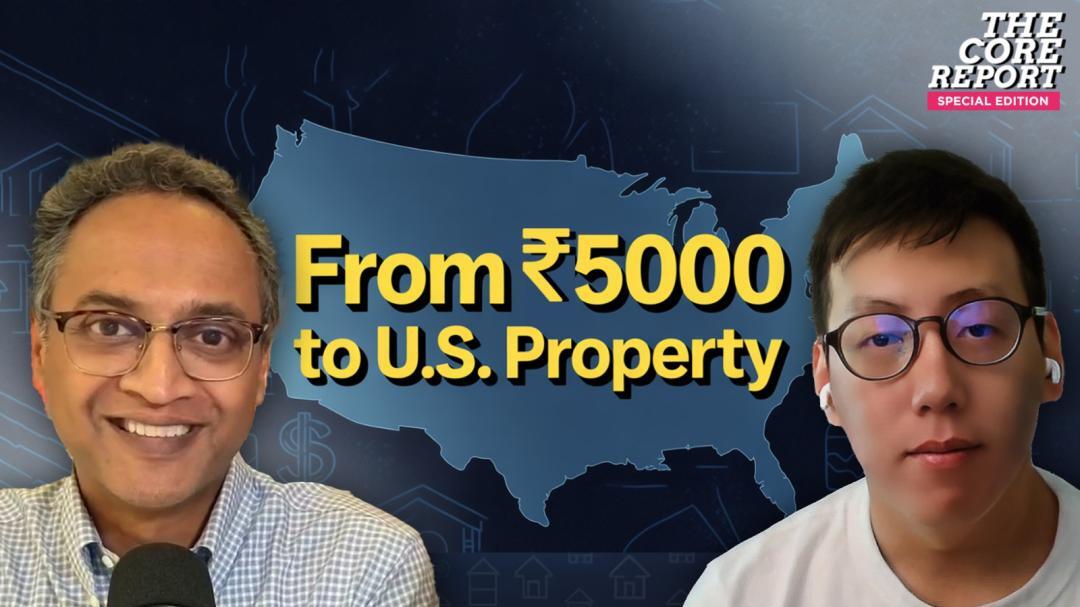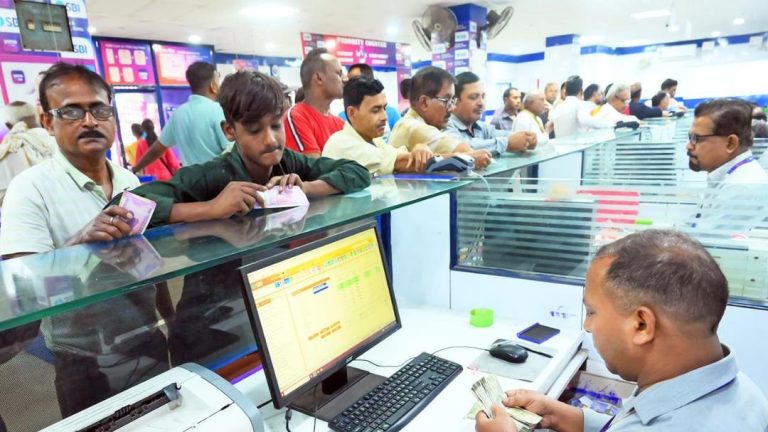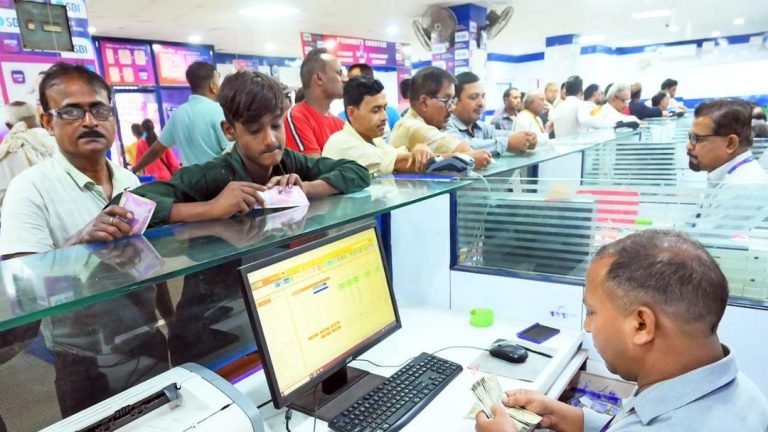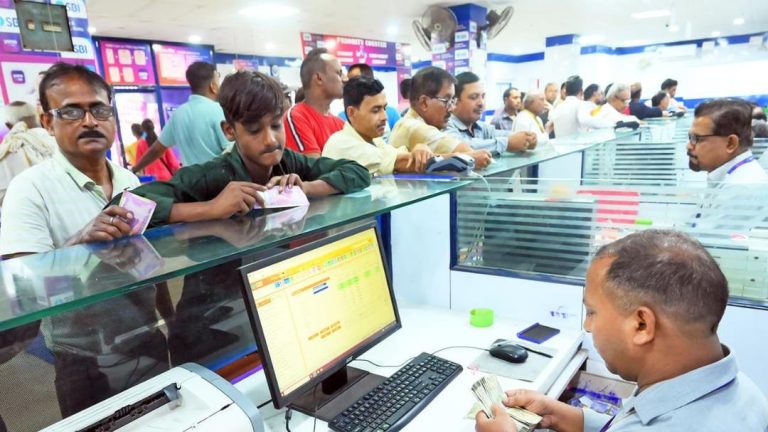
New Platforms Offer Property Shares, Raise Legal Questions
The real estate market has traditionally been a fragmented and illiquid space, with limited access to property ownership for many individuals. However, new digital platforms are revolutionizing the way we invest in property by enabling fractional ownership starting at just ₹5,000. These platforms use blockchain and smart contracts to facilitate the buying and selling of property shares online, globally. While these innovative tools offer increased liquidity and access to property ownership, they also raise important legal questions around protections, regulatory oversight, and their comparison with existing models.
What are these new platforms?
Companies like Propstack, Brickowner, and NoBroker are among the pioneers of this new wave of property sharing platforms. They use blockchain technology to create a secure, decentralized, and transparent way to buy, sell, and manage property shares. These platforms allow individuals to invest in property at a fraction of the traditional cost, making it more accessible to a wider range of people.
For instance, Propstack allows users to invest in property shares starting at ₹5,000, with a minimum investment period of three years. The platform uses blockchain to record ownership and transactions, ensuring that all parties are transparent and secure. Brickowner, on the other hand, offers a similar model, allowing users to invest in property shares with a minimum investment of ₹10,000.
How do these platforms work?
These digital platforms operate by creating a smart contract that outlines the terms and conditions of the property share investment. The smart contract is then stored on a blockchain, which ensures that all transactions are recorded and secured. This decentralized and transparent process eliminates the need for intermediaries, such as lawyers and property agents, reducing costs and increasing efficiency.
When a user invests in a property share, they receive a digital token or certificate that represents their ownership stake. This token can be traded or sold on the platform, providing liquidity and flexibility for investors.
Legal questions and concerns
While these platforms offer innovative solutions to the traditional real estate market, they also raise important legal questions and concerns. Some of the key issues include:
- Legal protections: How will investors’ rights be protected in the event of disputes or defaults? Will these platforms have sufficient legal frameworks to ensure that investors receive fair compensation in case of issues?
- Regulatory oversight: Will these platforms be subject to regulatory oversight, or will they operate in a regulatory vacuum? How will authorities ensure that these platforms comply with existing laws and regulations?
- Comparison with existing models: How do these new platforms compare with traditional property investment models, such as real estate investment trusts (REITs) and mutual funds? Will they offer similar returns and benefits, or will they provide unique advantages and disadvantages?
- Tax implications: How will the tax implications of these new platforms be handled? Will investors be required to pay taxes on their property share investments, and if so, how will this be administered?
Expert insights
Industry experts are divided on the potential impact of these new platforms. Some see them as a game-changer for the real estate market, offering increased liquidity and access to property ownership. Others are more cautious, highlighting the need for greater legal protections and regulatory oversight.
“Fractional ownership is a great way to democratize real estate investing,” says Rohan Parikh, co-founder of Propstack. “We’re committed to ensuring that our platform is fully compliant with all relevant laws and regulations, and we’re working closely with authorities to establish a robust regulatory framework.”
However, others are more skeptical. “While these platforms offer innovative solutions, they also raise important legal and regulatory concerns,” says Pankaj Kapoor, founder of Liases Foras. “We need to ensure that these platforms are subject to robust oversight and that investors’ rights are fully protected.”
Conclusion
The rise of new digital platforms that offer property shares raises important questions and concerns around legal protections, regulatory oversight, and the comparison with existing models. While these platforms offer innovative solutions to the traditional real estate market, it is essential that they are subject to robust legal and regulatory frameworks to ensure that investors’ rights are fully protected.
As the real estate market continues to evolve, it is likely that these new platforms will play an increasingly important role. However, it is crucial that we address the legal and regulatory challenges they present in order to create a sustainable and transparent market that benefits all stakeholders.
News Source:
https://youtu.be/mLTsjbs5Na4






